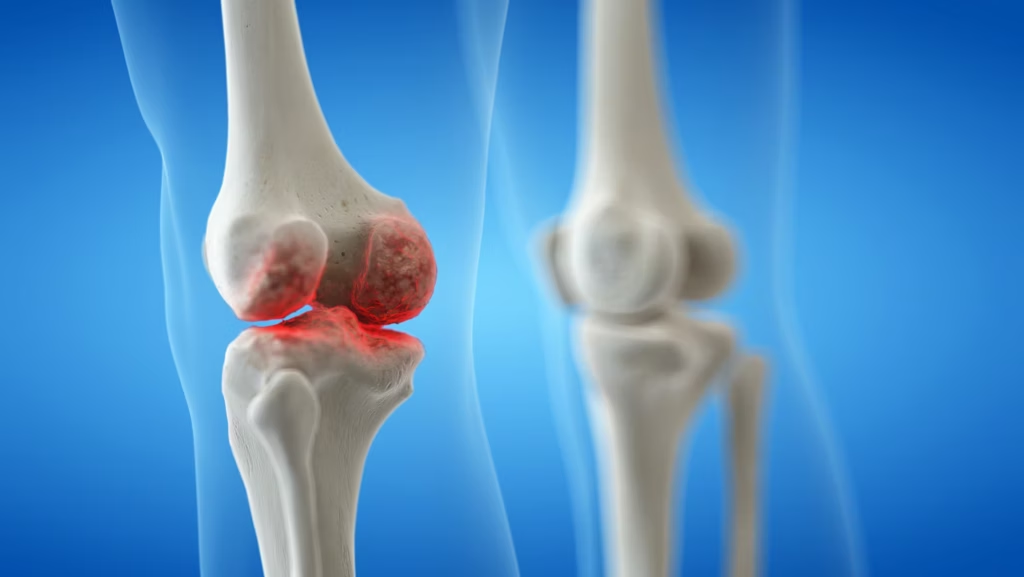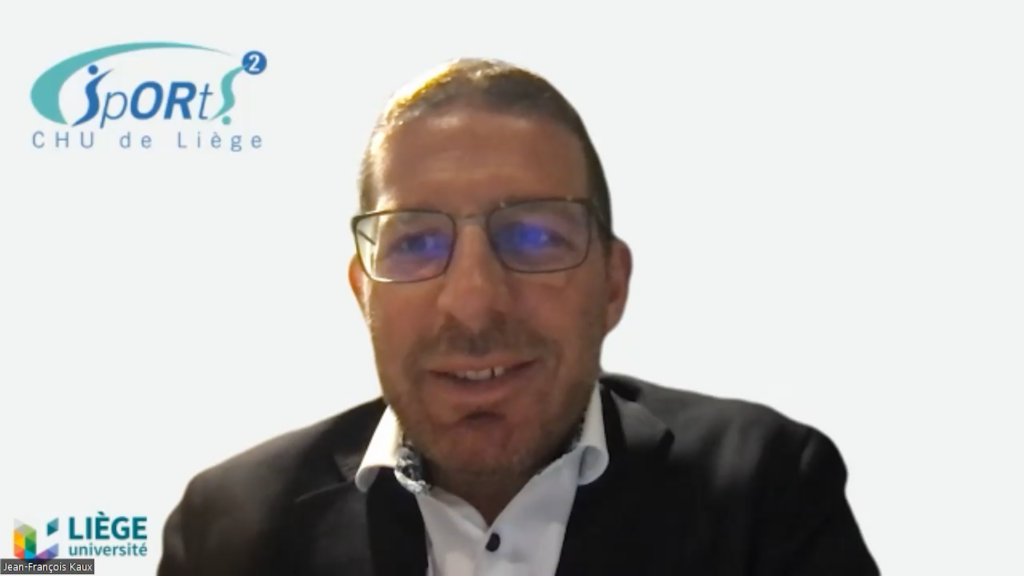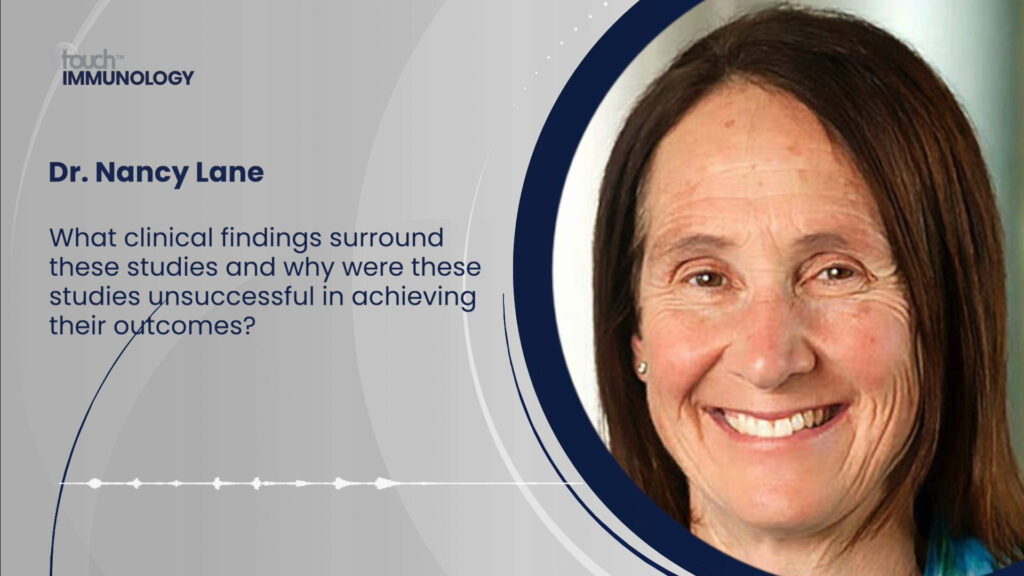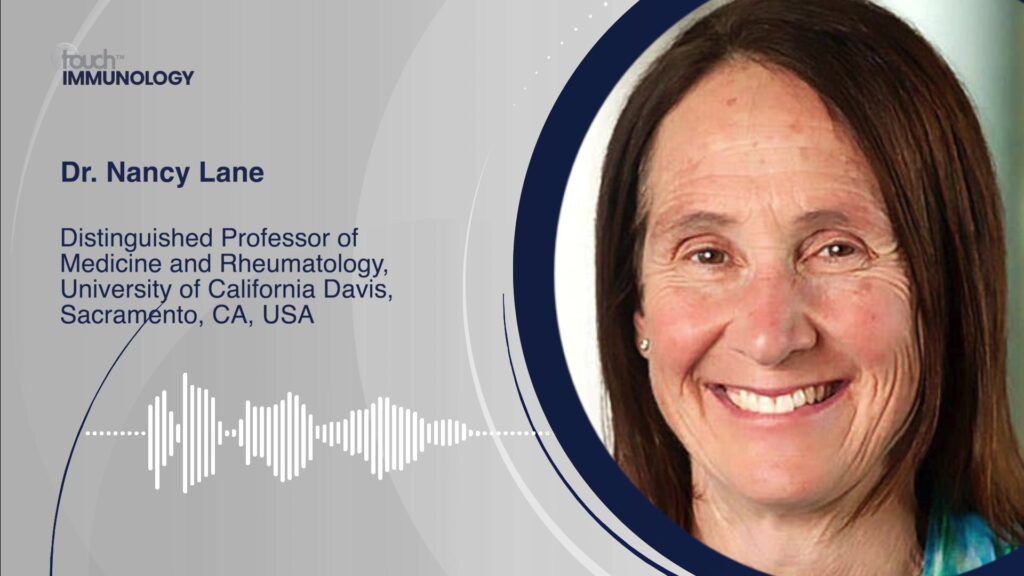Osteoarthritis
Osteoarthritis
Osteoarthritis (OA) is the most common cause of disability in older adults. It is characterised by joint pain and/or joint dysfunction, and high interpatient variability. Until recently, treatment has focussed only on symptom control, meaning that the condition worsens over time, often leading to arthroplasty. A growing understanding of the pathophysiological processes underlying the condition have elucidated novel therapeutic targets, including inflammatory cytokines, matrix-degrading enzymes, mTOR signalling pathways and the Wnt pathway. Repurposing existing drugs such as metformin and statins for the treatment of OA is also being explored. Personalized OA therapy is the ultimate goal, with recent advances in
phenotype classification and numerous emerging targeted therapies offering hope for the future.

Physician burnout is at a critical point. In this episode, Nicky speaks with Dr Alfred Atanda about why so many physicians are burning out and what can be done to change the trend. From personal experience to system-wide solutions, Dr Atanda shares valuable insights on improving physician well-being and building a more effective healthcare culture.

In this episode, we explore the future of continuing medical education (CME) with the team behind touchIME. Hannah Fisher and Matthew Goodwin share insights into global and US trends, the importance of patient inclusivity and how educational outcomes are evolving to better measure the direct impact of learning on clinical practice and patient care.

Nominated Future Leader, Dr Tom Appleton, shares insights into his career, osteoarthritis research, and the role of immunology in shaping future OA treatments. In this interview, Dr Appleton discusses the importance of early intervention, the impact of synovial macrophage dysfunction, and emerging therapies that could revolutionize rheumatology. His work bridges clinical care and research to drive innovation in osteoarthritis management and autoimmune disease.

Osteoarthritis is increasingly recognised as a heterogeneous disease with diverse clinical phenotypes and molecular endotypes. In this expert Q&A, Professor Ali Mobasheri discusses how precision medicine—through clinical phenotyping and molecular endotyping—can guide targeted therapies, accelerate the development of disease-modifying treatments, and transform OA management into a personalised, proactive approach that improves patient outcomes.

At the 2025 WCO-IOF-ESCEO congress, Professor Philip Conaghan presented the safety and efficacy findings from the phase 2 study of LEVI-04 for the treatment of adults with knee osteoarthritis. LEVI-04 is a first-in-class, NT-3 inhibitor, which works by targeting the inflammatory pathways involved in joint degeneration and selectively inhibiting pro-inflammatory cytokines.

The COLOR trial is a single-centre, double-blind, randomised, placebo-controlled trial that aimed to investigate colchicine's efficacy and safety compared with placebo in people with hand osteoarthritis. touchIMMUNOLOGY were delighted to speak with Dr Anna Døssing (The Parker Institute, University ...

Hand osteoarthritis is a degenerative joint disease in which the smooth cartilage that covers the bone surfaces at the joints either is injured or wears over time. touchIMMUNOLOGY were delighted to speak with Dr Anna Døssing (The Parker Institute, ...

WCO-IOF-ESCEO took place between 4-7 May and brought all of the latest clinical findings and advances in osteoporosis, osteoarthritis and musculoskeletal diseases. We were delighted to talk with Editorial Board member Prof. Nicholas Fuggle (MRC Life Force Epidemiology Centre, University ...

Novel oral bisphosphonate formulations have been developed to address poor adherence to conventional bisphosphonates associated with the difficulty and inflexibility of dosing in osteoporosis preventative treatment. We were delighted to talk with Editorial Board member Prof. Nicholas Fuggle (MRC Life ...

A digital tool for self management in osteoporosis has recently been developed to reach older patients in their own homes using the Amazon Alexa app, to improve patient adherence and outcomes. touchIMMUNOLOGY caught up with Dr. David Scott (Deakin University, ...

Platelet Rich Plasma (PRP) therapy uses growth factors and cytokines in platelets to repair damaged cartilage, tendons, ligaments, muscle and bone. touchIMMUNOLOGY were delighted to speak with Professor Jean-François Kaux (University of Liège, Liège, Belgium) to discuss ...

Osteoarthritis is a degenerative disease of the joints resulting in pain, stiffness and an increased fracture risk in patients, the treatment paradigm has many unmet needs in terms of preventing progression, with anti-osteoporosis drugs failing to meet endpoints in clinical ...

Osteoporosis is often underdiagnosed and undertreated with difficulties in patient adherence to medication due to lack of symptoms until fracture. We were delighted to talk with Dr. Patricia Khashayar (Ghent University, Gent, Belgium) to discuss how rapid results from PoCOsteo ...

PoCOsteo is a point-of-care tool that provides rapid genomic and proteomic analysis of the blood for the early detection and management of osteoporosis. It was a pleasure to talk with Dr. Patricia Khashayar (Ghent University, Gent, Belgium) to discuss the ...

Denosumab, a RANK ligand inhibitor that reduces osteoclast formation and bone resorption, was investigated in a randomized, double blind, placebo-controlled phase 2 study in patients with erosive hand osteoarthritis (EUDRACT CT 2015-003223-53). touchIMMUNOLOGY were delighted to speak with Dr. Ruth ...

The FRAME clinical trial (NCT01575834) was a phase 3 randomised, double-blind, placebo-controlled study, that investigated the efficacy and safety of romosozumab in postmenopausal women with osteoporosis (OP); the knee osteoarthritis (OA) substudy assessed the effect of treatment with romosozumab on the ...

Lorecivivint is an intra-articular CLK/DYRK inhibitor recently studied in a phase 2 clinical trial for the treatment of knee osteoarthritis (NCT03727022). In this touchIMMUNOLOGY interview, we caught up with Dr. Nancy Lane (University of California Davis, Sacramento, CA, USA) to ...
Latest articles videos and clinical updates - straight to your inbox
Log into your Touch Account
Earn and track your CME credits on the go, save articles for later, and follow the latest congress coverage.
Register now for FREE Access
Register for free to hear about the latest expert-led education, peer-reviewed articles, conference highlights, and innovative CME activities.
Sign up with an Email
Or use a Social Account.
This Functionality is for
Members Only
Explore the latest in medical education and stay current in your field. Create a free account to track your learning.


